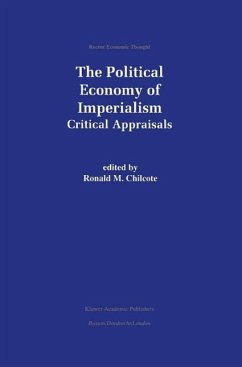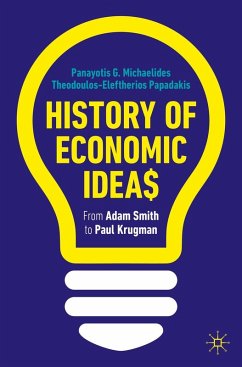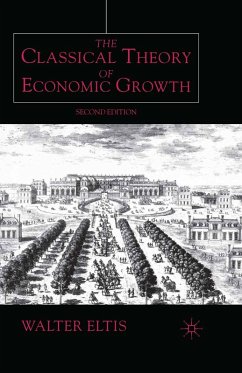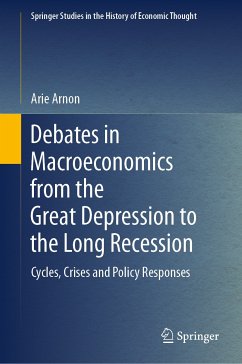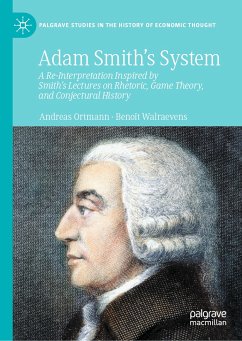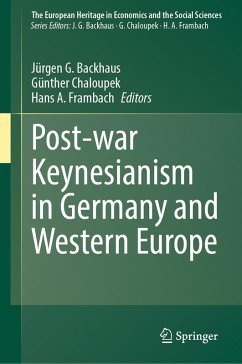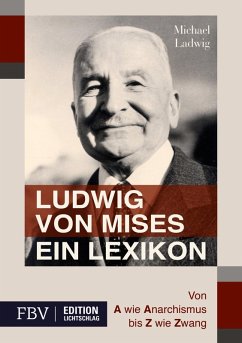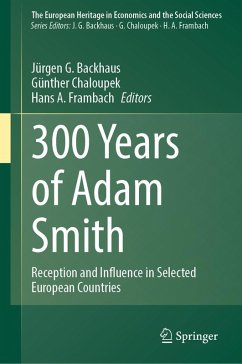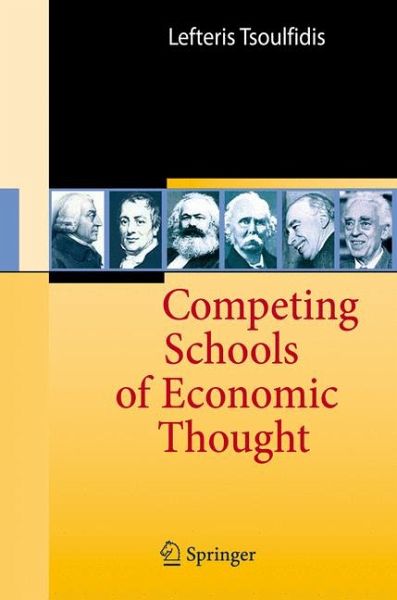
Competing Schools of Economic Thought (eBook, PDF)
Versandkostenfrei!
Sofort per Download lieferbar
96,95 €
inkl. MwSt.
Weitere Ausgaben:

PAYBACK Punkte
48 °P sammeln!
1. 1 Introduction This book was born out of our reaction to the way in which the usual texts cover the subject of the history of economic thought. In most of these texts, there is a tendency to emphasize the similarities and differences between all the important economists and form a repository of encyclopedic knowledge where one can study the seemingly important economic ideas. In this book, we argue that it is much more fruitful to focus on the essential ideas of each and every school of economic thought and relate them to present-day problems, than to engage into a sterile discussion of the...
1. 1 Introduction This book was born out of our reaction to the way in which the usual texts cover the subject of the history of economic thought. In most of these texts, there is a tendency to emphasize the similarities and differences between all the important economists and form a repository of encyclopedic knowledge where one can study the seemingly important economic ideas. In this book, we argue that it is much more fruitful to focus on the essential ideas of each and every school of economic thought and relate them to present-day problems, than to engage into a sterile discussion of the ideas and the lives of the great economists of the past. Thus, although this book deals with the history of economic thought, it does not necessarily follow a historic (in the sense of the order of presentation) approach, but rather a logical one, that is to say it deals with the social conditions associated with the emergence of a school of economic thought, its evolution, and its contemporary in?uence. One cannot write a book on the history of economic thought without writing separate chapters on the major economists of the past, that is, Adam Smith, David Ricardo, Karl Marx, and J. M. Keynes. Of course these economists formed schools of economic thought, that is, the classical and the Keynesian.
Dieser Download kann aus rechtlichen Gründen nur mit Rechnungsadresse in A, B, BG, CY, CZ, D, DK, EW, E, FIN, F, GR, HR, H, IRL, I, LT, L, LR, M, NL, PL, P, R, S, SLO, SK ausgeliefert werden.




